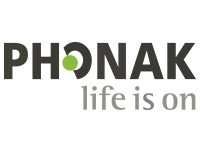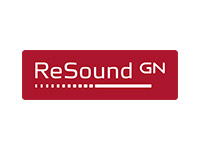
- Oct 20, 2020
Deep Listening
"We have two ears and one mouth,
(Ancient Proverb)
So we should listen twice as much as we speak."
How well do you really listen rather than just wait for your turn to talk?
Executive coach and author, Oscar Trimboli, suggests Deep Listening doesn't just involve "listening to the content but also meaning, context and most importantly, the unsaid."
ABC Radio's This Working Life host, Lisa Leong, asked the following 'Deep Listening Quiz' questions:
1 Do I just look like I'm listening while I am in fact already solving the speaker's issues in my mind?
2 Do I finish the speaker's sentences when they pause because I know what they're going to say?
3 Do I interrupt the speaker before they finish?
Note:
Trimboli points out that he speaks at 125 words per minute and most people speak at 150 words per minute, while auctioneers speak up to 200 words per minute. However, we think on average at 900 words per minute.
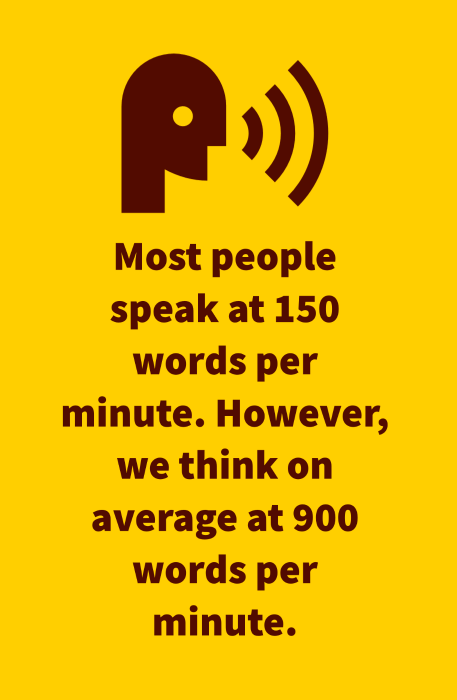
There is an 11% chance that what a person says in their first sentence is not what they mean. So if we only listen to the first sentence that someone says, there is near to a 90% chance we've not listened to what they mean.
Trimboli suggests that the 150/900 rule helps us unlock the possibility of doubling our listening capacity. And when we are engaged in deep listening with someone, rather than solving what we perceive to be their problem after their first sentence, or interrupting them or finishing their sentence, there are 3 simple questions we can ask:
1 Can you tell me more?
2 What else?
3 ----SILENCE
https://www.abc.net.au/radionational/programs/this-working-life/deep-listening/12136252
The Cost of Not Listening
Trimboli explains that the cost of not 'Deep Listening' has a huge 'impact beyond words'.
For example:-
a) On December 30th 2019, a Chinese medical practitioner, Dr Li of Wuhan City, explained to his peers on the WeChat social media platform that he had noticed some of his patients suffering from a SARS-type virus with variations and to practice safe health protocols. The Chinese Government intervened and demanded he recant his statement as "not factual". This caused a crucial and tragic 3 week delay in recognizing and fighting the Corona virus, resulting in the outbreak of the World COVID-19 pandemic.

b) Three years before the 2019 Global Financial Crisis an economist, Dr Rajan, spoke to USA Federal Reserve Bankers about the circumstances that were leading to a global financial collapse and explained to them exactly how it would happen. They ignored his warnings.
c) A group of engineers warned BP about the problems and risks associated with their Bluewater Horizon oil platform design and installation. The disaster cost BP $50 billion and 11 lives were lost.
In the context of the workplace, Trimboli says we should be asking "whose voice is not being listened too?" Is there a professional dogma or organisational culture or possibly even a cult that is pushing in a particular direction that limits the effectiveness of a business or organisation?
Listening matters, whether it is in the workplace or schools or with customers, family members and friends or within social and sporting clubs.
Indigenous Cultures, Buddhism and Deep Listening
"In the East; in Aboriginal culture; the Inuit of North America and in tribal communities, silence is a sign of respect, authority and wisdom."
Oscar Trimboli, ABC April 2020
In Australia, Aboriginal people passed on stories orally. Listening to the storyteller was vital to reproduce the story accurately to the next generation of storytellers. Deep listening describes the processes of deep and respectful listening to build community—a way of encouraging people to explore and learn from the ancient heritage of Aboriginal culture, knowledge and understanding.
A beautiful expression from Central Australia is "Can they bend the knees?" It inquires if you can sit down and truly listen, a prerequisite for effectively absorbing information, but also an allusion to how information is passed on in that area: by sitting on the red earth.
(from https://www.creativespirits.info/aboriginalculture/education/deep-listening-dadirri)

Miriam Rose Ungunmerr-Baumann from the Daly Waters region of the Northern Territory describes the tradition of Dadirri - deep listening to the land - as central to the spirituality of her people.
Miriam maintains that Australia needs to know that Dadirri can help you slow down, stop, and help you realise who you are, what you're about, where you're going, where you belong.
"In our Aboriginal way, we learnt to listen from our earliest days. We could not live good and useful lives unless we listened. This was the normal way for us to learn - not by asking questions. We learnt by watching and listening, waiting and then acting."
Deep listening is also at the basis of some therapeutic methods used in counselling. Jennifer Thompson, founder of the Jenwakka Indigenous Counselling Service, describes deep listening as "tapping into her ancestors, constantly listening to spirits". Dadirri is what non-Aboriginal people would call contemplation.
https://www.abc.net.au/radionational/programs/archived/spiritofthings/elder-invites-australians-to-embrace-tradition-of-deep-listening/7699476
The Buddhist practice of Deep Listening is also known as 'Compassionate Listening'. It is considered a most important practice if we want good health. In 2000, Thich Nhat Hanh in his 'dharma talk' outlined three important points regarding Deep Listening:
1 Listen to ourselves, to our suffering and needs
2 Listen to the persons we love and those people who suffer
3 Listening is healing and transforming
Hanh recommends that every one of us has to contemplate the art of listening as the fourth level of practice in mindfulness training. He suggests by practicing diligently for 2 or 3 weeks, you'll be able to listen with compassion and that the practice of mindful breathing, mindful walking and mindful sitting can help you do so.
"When we listen with compassion we allow ourselves to be empty, without prejudices, without preconceived ideas. We listen not to judge, not to criticise. We listen in order to give the other person a chance to express himself or herself."
Thich Nhat Hanh, 2000
https://tnhaudio.org/2017/02/26/practice-engaged-buddhism/
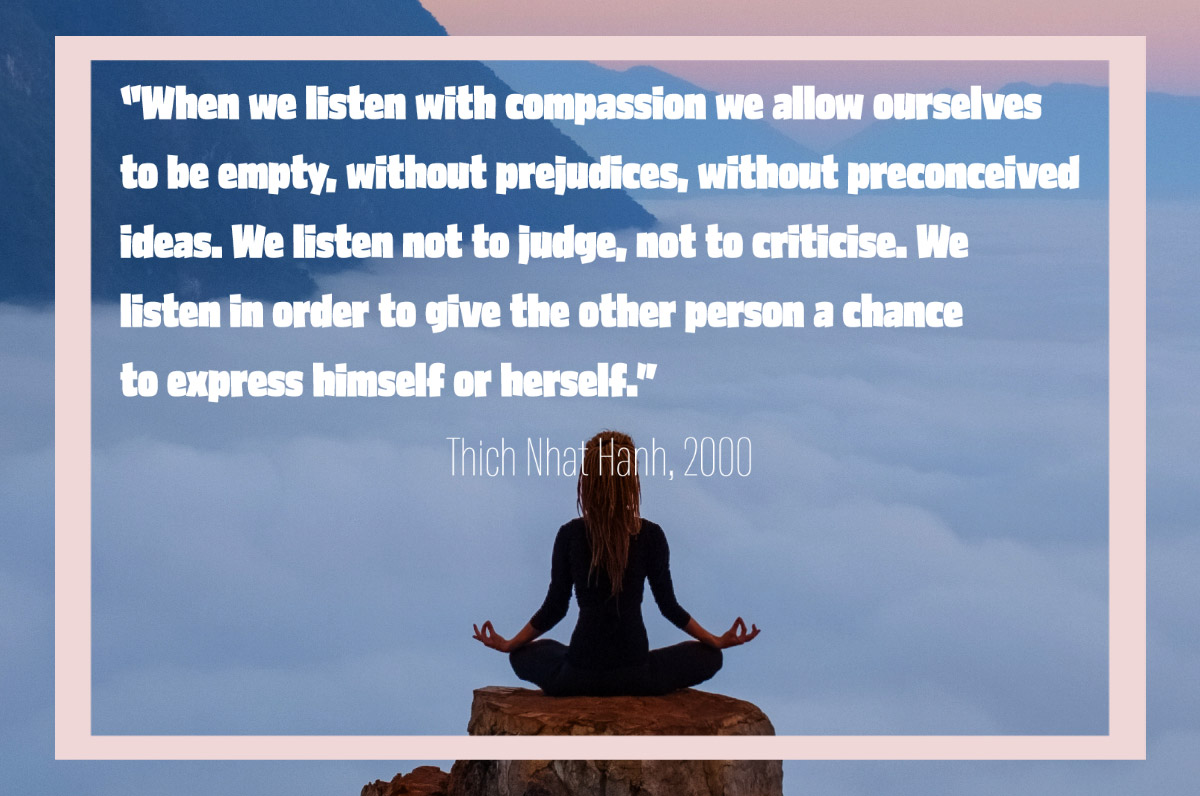
Active Listening and Deep Listening
Active Listening was a popular term and practice during the 1990s. Trimboli maintains that Active Listening is a good foundation for the first three levels of listening but this practice requires the listener to paraphrase the speaker. Paraphrasing others' words in our own language brings with it "our own assumptions that we are not conscious of...we need to listen beyond the words in colour not black and white."
Active Listeners help make sense of what the speaker is saying.
Deep Listeners help the speaker make sense of what they are saying.
There are 5 levels to Deep Listening:
1 Listen to Self
2 Listen to Content
3 Listen for Context
4 Listen for the Unsaid
5 Listen for Meaning
Studies reveal that 86% of us get stuck at number one, 'Listening to Self', due to Internal and External Distractions. The external distractions are easy to counter by switching off the radio, television, phones, laptops, iPads etc. The internal distractions are more difficult to switch off with the story we tell ourselves before a conversation starts, the radio inside our heads. We bring with us our past baggage from other meetings with this person - "He's boring and slow"; "I've heard it all before"; "I never understand what she's getting at..."
Deep Listeners are in the present with a willingness to have their minds changed.
Three Tips
Trimboli offers 3 Practical Tips to assist our capacity to become Deep Listeners:
1 Lose the devices (switch them off).
2 Drink a glass of water - a hydrated brain is a listening brain (a glass every half hour).
3 Deep breathing - the deeper you breathe the better you listen due to higher oxygen levels. A Canadian study revealed those with the highest O2 count are the deepest listeners.
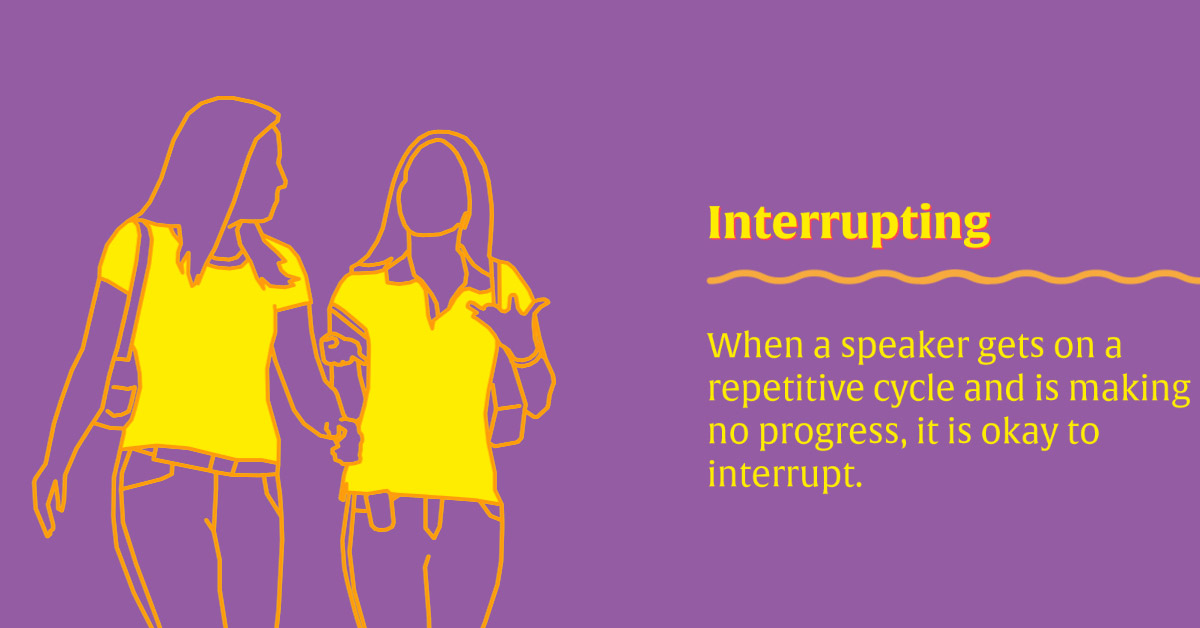
Interrupting
When a speaker gets on a repetitive cycle and is making no progress, it is okay to interrupt. Trimboli suggests this interruption is like playing the role of a book editor, keeping the author on track and concise in their ideas by asking the following question of the speaker:
"Hey, compared with what we want to achieve, how are we going?"
This type of question is a circuit breaker to assist the speaker in finding meaning in their own thoughts.
Deep Questioning
"A deep question is something that asks a person about their values, their beliefs or their experiences. And it's pretty easy to ask a deep question once you start looking for them. So for instance, if I bumped into you and I said, Oh, what do you do for a living? You say, Oh, I'm a radio host. Then I might say, oh, did you always want to be a radio host? So interesting, like, when did you decide to become a radio host? What do you love about your job? Right? Those are easy questions to ask, and all three of them are deep questions, because what I'm really asking you to do is talk about your experiences, what brought you to this place, you know, your beliefs that brought you to journalism."
Charles Duhigg Author, Supercommunicators
Hearing Loss and Deep Listening
Conscious listening creates understanding. Not being able to hear creates frustration, misunderstanding and confusion. Noise-induced hearing loss occurs gradually over a long period of time and unfortunately, hearing loss is permanent. Historically, noise-induced hearing loss is often due to unsafe industrial practices on construction sites or in factories and the music industry.
If you put in a lot of effort just to comprehend what you're hearing, it takes resources that would otherwise be available for encoding [what you hear] in memory. "Cognitive load" is the effort of constantly straining to understand speech and stresses the brain. Hearing loss may affect brain structure in a way that contributes to cognitive problems. Hearing loss is independently associated with incidental-cause dementia.
- Hearing loss can have a negative impact on the ability to learn, socialize and enjoy life.
- Untreated patients are more likely to miss important information in meetings and phone calls, and make mistakes at work.
- Hearing problems can lead to avoidance or withdrawal from social situations, social rejection and loneliness.
- Friends often avoid talking to people with hearing loss because of the difficulty communicating.
- People with uncorrected hearing impairment earn less than people who hear normally.
Studies have also shown that the effects of hearing loss are cumulative. Just as muscles grow weak from lack of use, the brain loses its ability to process sounds and recognise speech without regular auditory stimulation (Auditory Deprivation). By the time you finally acknowledge that your hearing loss is real, you may have already lost the full appreciation of sounds and the music you once enjoyed.
Today's hearing aids - like all high-tech devices - have come a long way in terms of looks and performance. And independent research shows that hearing aid usage has a positive effect on:
- Earning power
- Communication in relationships
- Intimacy and warmth in family relationships
- Ease in communication
- Emotional stability
- Sense of control over life events
- Perception of mental functioning
- Physical health
Digital technology has revolutionised the way hearing devices process sound, providing superior listening comfort, speech clarity, and user control. All digital hearing devices are programmable to individual requirements. Generally speaking, digital hearing devices are the most sophisticated amplifying devices currently available and play an important role in the ability of those with hearing loss to participate in Deep Listening.
(from A Brief Hear-Story of Deafness. Gration, 2018. )

Workplace and Deep Listening
One of the corporate terms for workplace social media communications is Enterprise Social Networks (ESN). Some of the forms ESN can take include - internal emails, 'Microsoft Teams' platform and 'Zoom' meetings.
Deep Listening does not only have to occur in person to person communications, it can also happen within ESN interactions. Studies have shown that a question on an ESN communication, rather than a statement, can get us 8 to 150 times more engagement from others. Some of the best listening comes with simply posing questions.
Trimboli advocates for 80% of questions presented on ESN communications to be HOW and WHAT questions, rather than WHY questions:
"Why?" - is the wrong place to start a discussion or conversation because it is loaded with judgement when asking a question of an individual.
Oscar Trimboli
In the workplace, hearing is one thing but it needs to be followed up by action especially from company leaders because so often the employee surveys that companies send out are not read or actioned by the company. Employees feel they are not being heard and participate more superficially or not at all in future 'surveys' when this pattern of not listening occurs at the top end of a company or organisation.
The frequency and modalities of information and communication technologies (ICTs) in the workplace - video, audio, email, smart phones, online link-ups, conference calls, etc - need to be exercised across a range of structures that can be found in concepts like the iParadox Triad (Autonomy, Social Connectivity and Productivity); meetings facilitated by neutral Moderators; and in Peer to Peer networks, rather than traditional hierarchical communication models.
Oscar Trimboli offers some final words of wisdom.
"For Deep Listening to become part of the culture of our interactions with others we need to curate and role model what great listening is...and it starts with switching off our phones."
Oscar Trimboli
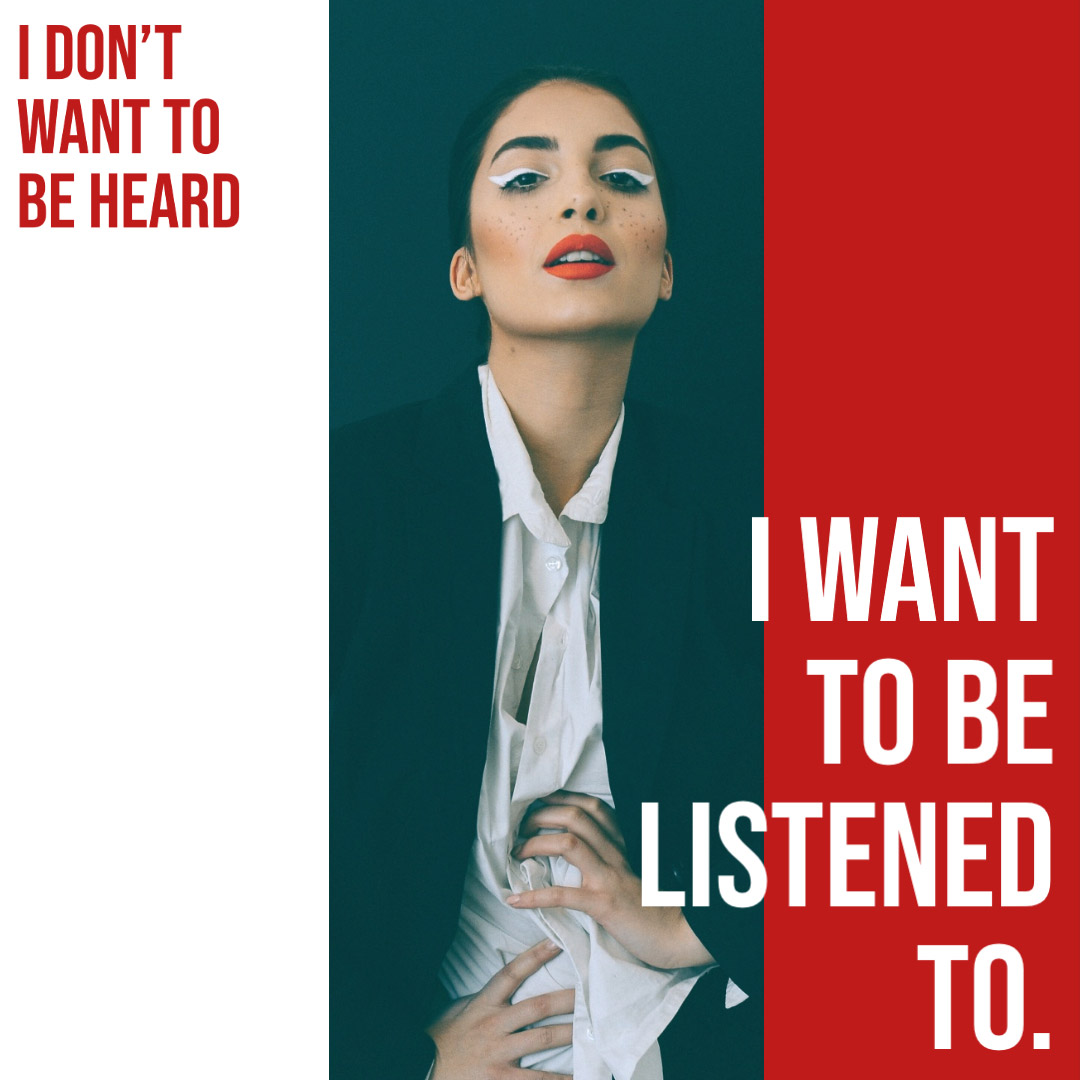
SOURCES
Deep Listening - Impact Beyond Words. Written and published by Oscar Trimboli, 2017.
https://www.abc.net.au/radionational/programs/this-working-life/deep-listening/12136252
https://www.abc.net.au/radionational/programs/archived/spiritofthings/elder-invites-australians-to-embrace-tradition-of-deep-listening/7699476
https://www.creativespirits.info/aboriginalculture/education/deep-listening-dadirri
http://www.hearingadvice.com.au/Hearing-Aids/news/NewsArticle.jsp?News_ID=9)
https://www.facebook.com/watch/?v=10154612456794635
The skills supercommunicators use (and how you can learn them) ABC all in the mind
Charles Duhigg
Reporter, New Yorker Magazine
Author, Supercommunicators
https://www.abc.net.au/listen/programs/allinthemind/how-to-be-supercommunicator/104462696
Researched, Compiled, Composed, Written and Edited by Dr Steve Gration, October 2020.
Gold Coast Login
Tags
Other Articles
16/04/2025 The ear is the gateway to your life »
11/08/2024 Phonak Audeo Sphere Infinio Hearing Aids »
04/06/2024 The Science of Signal-to-Noise Ratio »
05/12/2023 Understanding Body Language In Meetings »
21/11/2023 Slim Hearing Aids »
18/06/2023 Noise and non-hearing health »
12/06/2023 Using Conversation Visual Cues »
03/01/2023 A beginner's guide to Bluetooth »
08/12/2022 The Stigma of Wearing Hearing Aids »
16/08/2022 How to Become a Better Listener »
13/05/2022 Negativity Bias »
22/04/2022 Tinnitus who has it and why? »
14/10/2021 Lost or Damaged Hearing Aids »
08/10/2020 Over-the-Counter hearing aids »
08/09/2020 Hear Better than Anyone in the Room »
12/08/2020 Sound Wavelength and Loudness »
03/03/2020 Localisation - identifying where sound comes from »
10/02/2020 Sudden Deafness »
17/12/2019 Hearing Better in Meetings »
09/12/2019 Can meditation improve hearing? »
18/11/2019 Over 50s »
30/10/2019 Wireless Hearing Aids »
07/10/2019 Cleaning and Maintaining Hearing Aids »
09/04/2019 What is the process for buying a hearing aid? »
06/02/2019 One Hearing Aid or Two? »
31/01/2019 Hearing Aid Cost Breakthrough 2019 »
29/08/2017 Hearing Aid Future is Here »
09/06/2017 ABC Checkout Warns on Hearing Aid Purchases »
13/04/2017 Listening better in a noisy world »
21/02/2017 Hearing augmentation devices - IQBuds »
08/12/2016 Childrens Hearing Linked to Social Disadvantage »
24/10/2016 Hearing with Less Effort »
25/01/2016 Seven Thousand Ways to Listen »
01/10/2015 Hearing Loss and Dementia »
06/03/2015 Myth: Hearing Aids do not work »
03/12/2014 ABC Background Briefing Hearing Aids »
20/11/2014 Buying a hearing aid for your parents »
17/01/2014 Is Bluetooth making costly Hearing Aids redundant? »
13/01/2014 Research Online and Save »
08/10/2013 Phonak Q10 Hearing Aid Review »
13/05/2013 Is anyone listening to you »
12/04/2013 Hearing Aid Repairs »
05/04/2013 Will I benefit from a hearing aid? »
18/03/2013 Compare Hearing Aids »
13/03/2013 Audiologists are now mobile »
08/03/2013 Hearing and your work prospects »
18/12/2012 Hearing and your baby »
13/12/2012 Occlusion effect when wearing hearing aids »
24/10/2012 Hearing Aid Brands in Australia »
18/10/2012 ReSound Verso »
03/10/2012 Waterproof Hearing Aids »
28/05/2012 Music to your ears »
19/02/2012 Donate hearing aids that are no longer needed »
31/01/2012 An Invisible Hearing Aid »
26/11/2011 Who to see for sudden hearing loss »
03/11/2011 Restore your hearing or use aids »
13/09/2011 Not wearing your hearing aids »
29/08/2011 Audiologists Career Path »
26/08/2011 Bluetooth Hearing Aids »
Hearing Aid Referral
Get the best price and care from our network of professionals
FREE/no obligation
- Great Care
- Major Brands
Hearing Aid Brands in Australia
